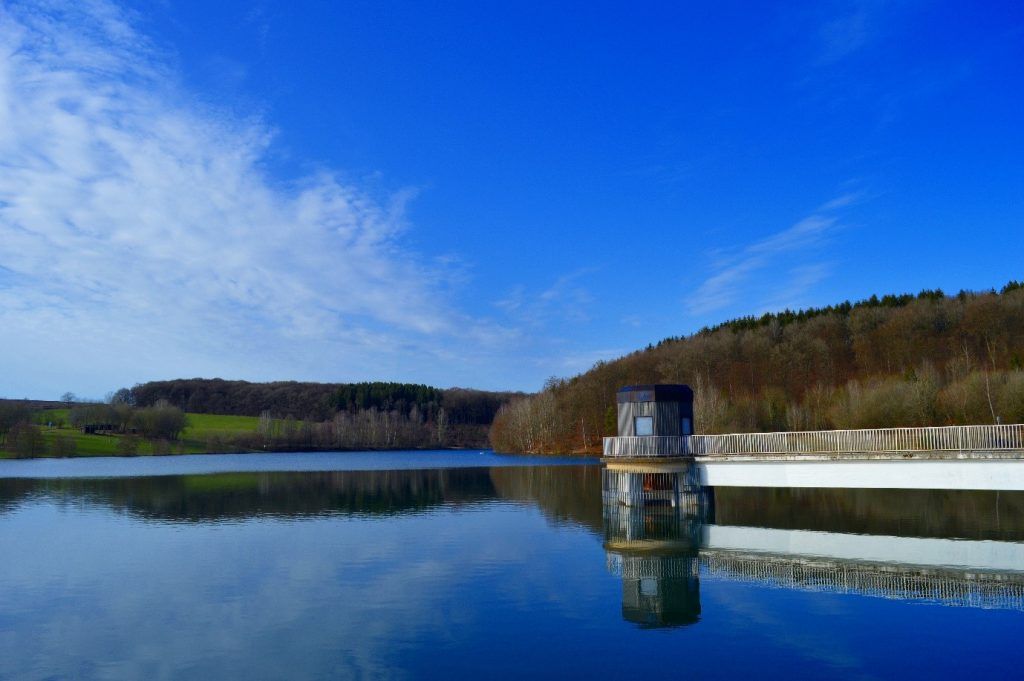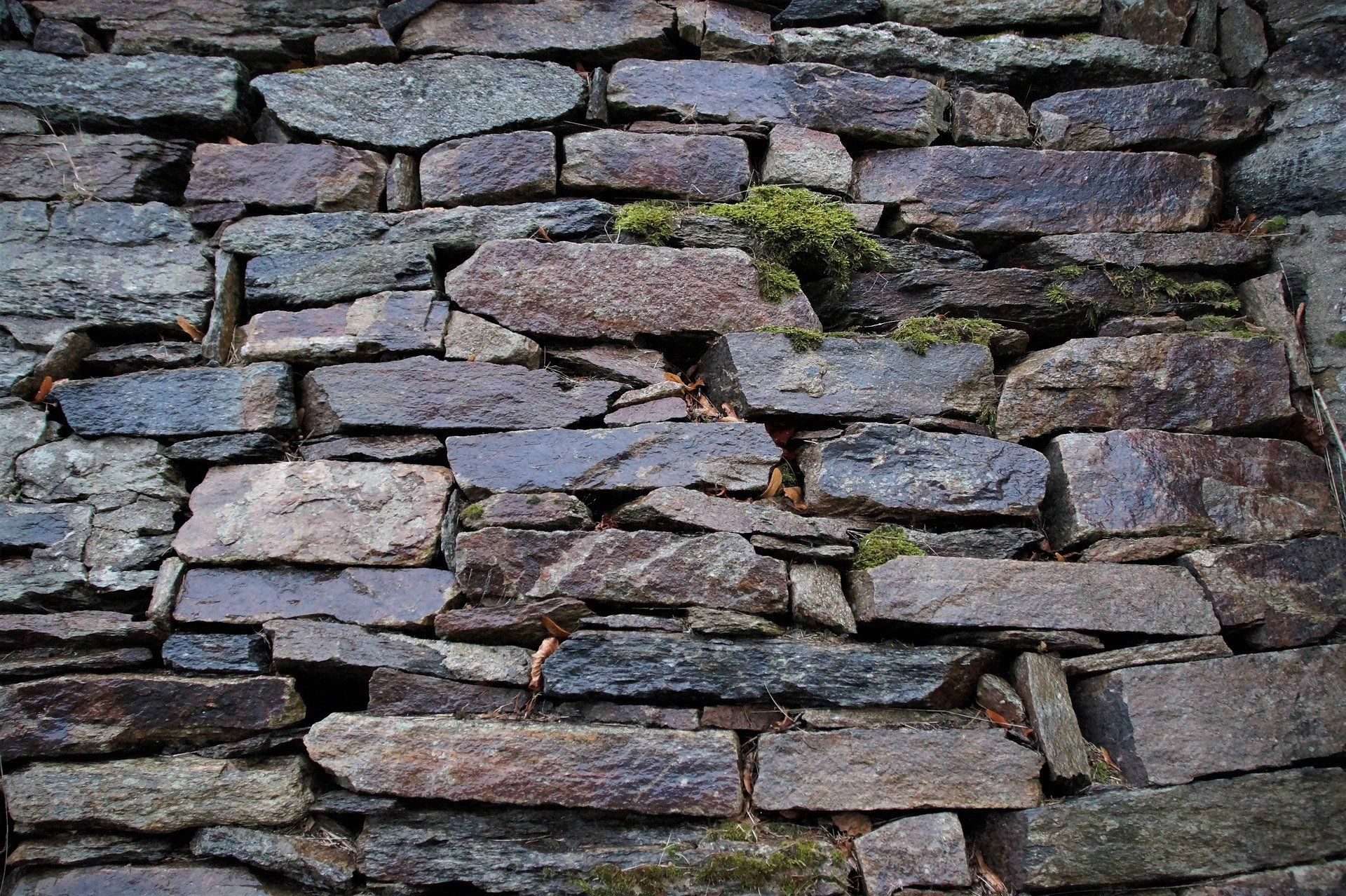Hydrology is a diverse field that plays a vital role in society and, in particular, the work of civil engineers
in developing water resources infrastructure.
At its most basic definition, hydrology is the scientific study of movement, distribution and water quality on Earth and other planets, including the water cycle, water resources, and environmental watershed sustainability.
It is an important field where the people who study hydrology (which are called hydrologists) use their knowledge and expertise to combat water pollution, protect the earth’s water resources, and provide engineering hydrology – which is an engineering specialty focusing on water resources.
Specifically, they work to find water supplies for towns and cities, design irrigation systems for farms and vineyards, control flooding of streams and rivers, control soil erosion, and protect the environment by preventing and cleaning up water pollution. And in order for them to solve the water-related problems in society, they apply scientific knowledge and mathematical equations.
Just like civil engineers, hydrologists divide their time between working in the office and in the field. Their specific job responsibilities include, but are not limited to, overseeing water quality testing, collecting basic data of various kinds, directing the work of field crews, interpreting all hydrologic data, operating hydrologic equipment, identifying risks of pipeline leaks on underground water tables, and performing analyses of consequences of water releases from reserves.
Hydrologists work in conjunction with civil engineers to ensure the quality, integrity and sustainability of infrastructure construction projects. Civil engineers use the knowledge, information, observation and data that have been collected by hydrologists to design, build and operate dams and reservoirs.
Without taking into account the hydrological equations in our engineering projects, all of our reservoirs, spillways and dams will be plagued with water-related problems that have great potential to cause destruction of properties and even loss of lives. Other than that, the quality of our hydraulic structures, water drainage systems and city water supply systems will also suffer greatly.
Water is the most essential element to life on Earth, but our planet has a complex water system that requires many years of study and dedication to fully understand. That is why we are fortunate enough to have lots of skilled hydrologists in this world who help us solve water problems and provide extremely valuable information to other important fields, such as civil engineering.





